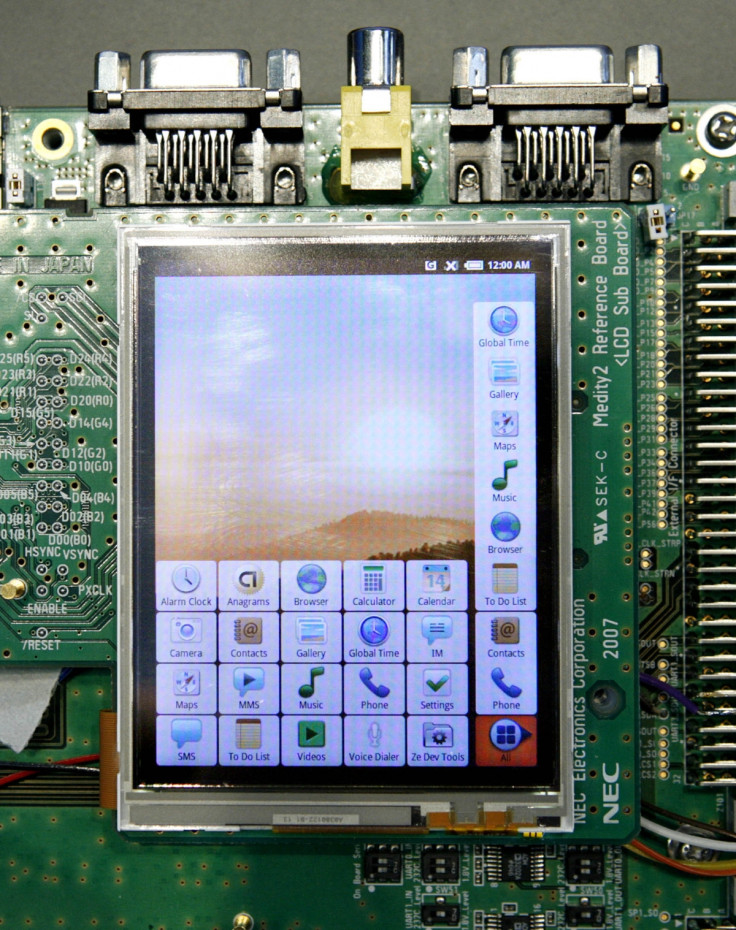Browsing at the speed of light: Super-fast internet of the future is coming and it will be open source

If you think fibre optic internet is fast, think again. Scientists around the world are currently developing a super-fast internet where data travels at the speed of light, and is completely open source – a complete 180 from the way things are run today.
Scientists and engineers from the University of Bristol have developed a solution that uses Software Defined Networking (SDN) technology to hide the complexities of an optical network so that developers can build apps to run on a light-based internet without needing to understand the science behind it.
"Photonic networks use light, so they're not like a traditional network where you can store the data in a chip or programme the data as a bit with a binary value of 0 and 1," Dr Reza Nejabati, a reader in optical networks in the high performance networks (HPN) group with University of Bristol's Department of Electrical and Electronic Engineering told IBTimes UK.
"It's light so you can't store it. We try to use the physical characteristics of the silicon devices to manipulate and direct the light into optical networking – a technology that currently only a few companies in the world, like Alcatel-Lucent and Cisco, understand how to do, which gives them a monopoly."
Opening up the internet the way Apple and Google did with mobile

Being able to hide all technical complexities means that regular software developers will soon begin to develop new applications for the internet that we can't even imagine, rather than the internet being restricted as it is today by physical and network layer functionalities, protocols and services.
"We have done what Apple and Google did with mobile phones. Before Apple or Android, nothing was open source. You had a Nokia mobile phone, and that was it. But when Google and Apple opened up the mobile to application developers, so many new ideas came up that we couldn't believe, and now Nokia doesn't exist any more. It's not only about speed, but also openness," explains Nejabati.
"Currently, broadband providers have to buy network infrastructure technology from Alcatel-Lucent and Cisco and it doesn't work unless they spend a lot of money to buy all the equipment and nodes. But for a provider like BT or Virgin Media, they would like to see as many applications developed for their network, as if they sell more applications, they can offer more services."
Nejabati anticipates that developers would create apps, such as making the Netflix app work with 4K TVs to provide fast, super HD video streaming, and users would simply go to the internet app store, just like a mobile app store, buy an app, download and then use it.
Apart from making the internet open for new services, having a light-based internet would also enable providers to cope with increasing bandwidth demands from customers, and in the future, people could even build their own parallel internets with these apps just to connect their offices to their homes.
Network infrastructure providers need to watch out
Since half of the UK, including London, doesn't even have fibre optic yet, the idea of a superfast internet sounds like something that's still quite far-off into the future. Nejabati disagrees.
"The communications industry has learnt the lesson from the mobile industry. SDN is about opening up the network – it's going to do the same thing it did for the wireless network. This is really happening. Infrastructure providers will need to start preparing for this in the next five years or they will be out of business," he says.
The research, entitled "Optical network democratization", is published in the journal Philosophical Transactions of the Royal Society A.
The researchers are part of a start-up called Zeetta Networks that has been spun off from the Universityof Bristol. They are developing a networking operating system the equivalent of Android operating system, but for wireless, optical or wired internet. The beta version is projected to be available in early 2017.
© Copyright IBTimes 2025. All rights reserved.






















